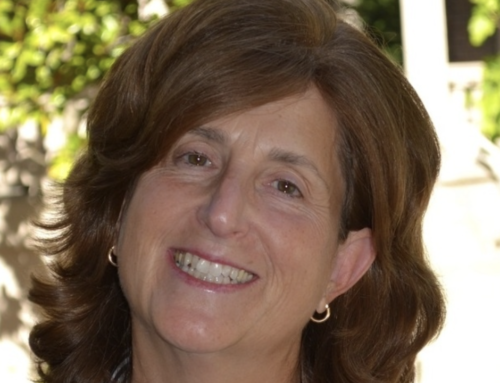The first week of the Omer is associated with the midah (spiritual/ethical trait) Chesed, Loving Connection – a “judgment free zone” in which we mute our inner critic, and amplify our inner voice of acceptance, connection, and love. This week of chesed invites us to notice how often we assume the worst about ourselves or others and encourages us to engage our ayin tovah, to use our “good eye” to notice the positive.
In Avot 1:6, Rabbi Yehoshua ben Perachyah teaches that one should “judge each person favorably;” in Avot 2:9, Rabbi Eliezer says that a righteous person should have “a good eye, ayin tovah.” The Hasidic master Rabbi Levi Yitzchak of Berdichev once practiced ayin tovah when he witnessed someone fixing a carriage while wearing a tallit and tefillin. While Levi Yitzhak’s students criticized the person for desecrating these sacred symbols, he praised the person for praying even while fixing his carriage.
For Rabbi Nachman of Breslov, the injunction to judge others favorably applies even to the worst people: “You must search until you find some little bit of good in them. … If you can just find this little bit of good and judge them favorably, you can elevate them and swing the scales of judgment in their favor” (Likkutei Moharan1:282).
In this week of Chesed, we can watch mindfully for moments when hard judgment of ourselves or others arises. Rather than judge ourselves for having judgements, we might accept them and allow them to float by, like a cloud. We might explore what life might be like were we to assume the best, rather than the worst. This week, when our “inner critic” speaks, we might respond by reminding ourselves to “look for the good” in others, and ourselves.





